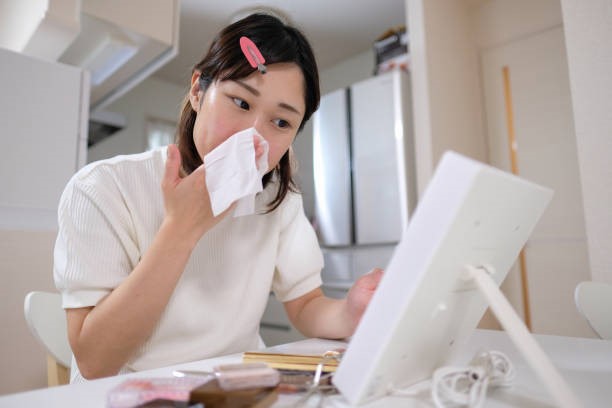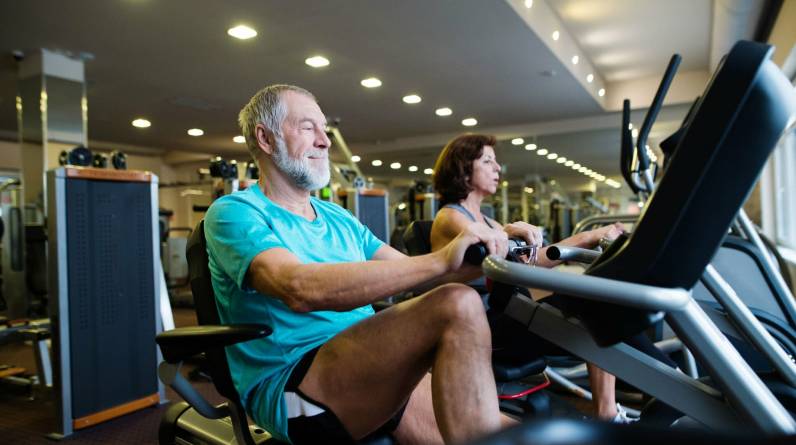
Medical marijuana is effective in treating many conditions. From easing pain and stimulating the appetites of cancer patients to lowering eye pressure in glaucoma patients, cannabis is a powerful and natural medicine.
Patients receive exemptions from excise taxes on marijuana sales, meaning it’s cheaper than recreational weed. But there are other benefits of having a card.
Pain Relief
An Iowa medical marijuana card will provide access to various marijuana products and delivery methods. Patients can use their cards to purchase a cannabis product that helps with pain, numbness, and other symptoms related to chronic health conditions.
Studies have shown that marijuana has strong anti-inflammatory properties and can relieve pain. This includes acute and chronic pain from various sources, such as arthritis, backaches, or shingles. Marijuana also can help control nausea and vomiting associated with chemotherapy or other treatments for cancer. Additionally, it can make a person feel like eating so they can maintain a healthy weight. It can even help treat glaucoma by reducing pressure inside the eye.
Several studies show that people who use marijuana for chronic pain report much more significant relief than those who don’t. It is more effective than opioids and far less dangerous. Some people can discontinue using their pain medication after beginning cannabis therapy.
If you have a chronic health condition that causes you pain, numbness, or other symptoms, talk to your doctor about medical marijuana. While many doctors are skeptical or unaware of the potential benefits, some are open to discussion and will refer you to a specialist. Others recommend that you seek a telehealth service for a medical marijuana evaluation, which can be done online or over the phone.
Nausea & Vomiting
From a temporary case of food poisoning to the debilitating effects of chemotherapy, nausea is a common issue with many diseases and conditions. For severe nausea, medical marijuana cards can be a lifesaver. The antiemetic properties of cannabis help to relieve nausea and vomiting safely and effectively. This is why it is a popular treatment option for cancer patients undergoing chemotherapy.
This is one of the primary reasons why nausea and vomiting are qualifying conditions for obtaining a medical marijuana card in many states. The FDA has approved two medications based on synthetic cannabinoids used to soothe CINV (chemotherapy-induced nausea and vomiting). However, medicinal cannabis, with its full complement of active compounds, is more effective than these drugs (1).
Medical marijuana can also help with the nausea and vomiting associated with Crohn’s disease, ulcerative colitis, and abdominal epilepsy. It can also be helpful for pregnant women who suffer from hyperemesis gravidarum, a condition in which extreme nausea and vomiting associated with pregnancy can lead to dangerously low weight and dehydration (2). The appetite-stimulating properties of medicinal marijuana can also help patients with HIV/AIDS suffering from the wasting syndrome caused by the disease. This is something that traditional medications like dronabinol have failed to do (3).
Insomnia & Sleep Disorders
The body’s endocannabinoid system plays a vital role in regulating sleep. THC, the psychoactive compound found in cannabis, binds to these receptors and helps induce sleep by reducing anxiety and pain, which can prevent you from getting a good night’s rest. In addition, a terpene called cannabinol (CBN) has sedative effects that help promote relaxation and sleepiness. CBN is produced when tetrahydrocannabinol (THC) degrades over time, so older cannabis tends to have higher levels of CBN than younger plants.
A study published in the journal Supportive and Palliative Care also found that patients with chronic pain who have insomnia experienced improved sleep patterns after using marijuana. However, it’s important to note that this was a short-term treatment and that patients should work with their healthcare provider to develop a sleep plan.
If you or someone you know suffers from insomnia and related sleep disorders, contact us today to learn more about obtaining a medical marijuana card in Maryland or in any legal state where it’s available. We offer telemedicine evaluations and can help you get your card quickly and easily. Once you’ve received your card, you can use it to purchase marijuana legally from a dispensary near you. For more information, visit GETMYCARDVA. Then, you can improve your quality of life with a good night’s rest!
Depression & Anxiety
Although more research is needed, many patients use medical marijuana to treat depression and anxiety. Studies suggest that marijuana may help by normalizing endocannabinoid levels, essential in motor control, cognition, emotions, and behavior. In addition, some patients find that cannabis eases their symptoms and helps them sleep better, improving their mood.
A study by researchers at Massachusetts General Hospital published in 2022 in JAMA Network Open followed 269 adults seeking medical marijuana cards to treat pain, insomnia, and anxiety or depressive symptoms. The participants were divided into two groups. One group was allowed to obtain their card immediately; the other group had to wait for 12 weeks. Both groups were assessed for target clinical and CUD symptoms at the beginning of the study and after 12 weeks. Exclusion criteria included daily marijuana use, a CUD diagnosis at screening or baseline, cancer, and psychosis.
When Lehigh Valley doctor Charles Harris started certifying medical marijuana patients with anxiety disorders, he joked that his business phone “melted.” He has also seen patients who have successfully used cannabis for depression and insomnia, though he warns that medication alone cannot solve those conditions.
Several studies have shown that patients who use medical marijuana to treat depression or anxiety often find that their symptoms improve after a few months of treatment. However, depression is incredibly complex, and each person’s experience will differ. Psychotherapy and antidepressant medications remain the first-line options for treating depression and are more effective when used together.






